
BI 207 Alison Preston: Schemas in our Brains and Minds
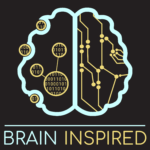
Ali Preston on how the neuroscience of schemas, which help us form memories, integrate and differentiate information, and make predictions.


Ali Preston on how the neuroscience of schemas, which help us form memories, integrate and differentiate information, and make predictions.
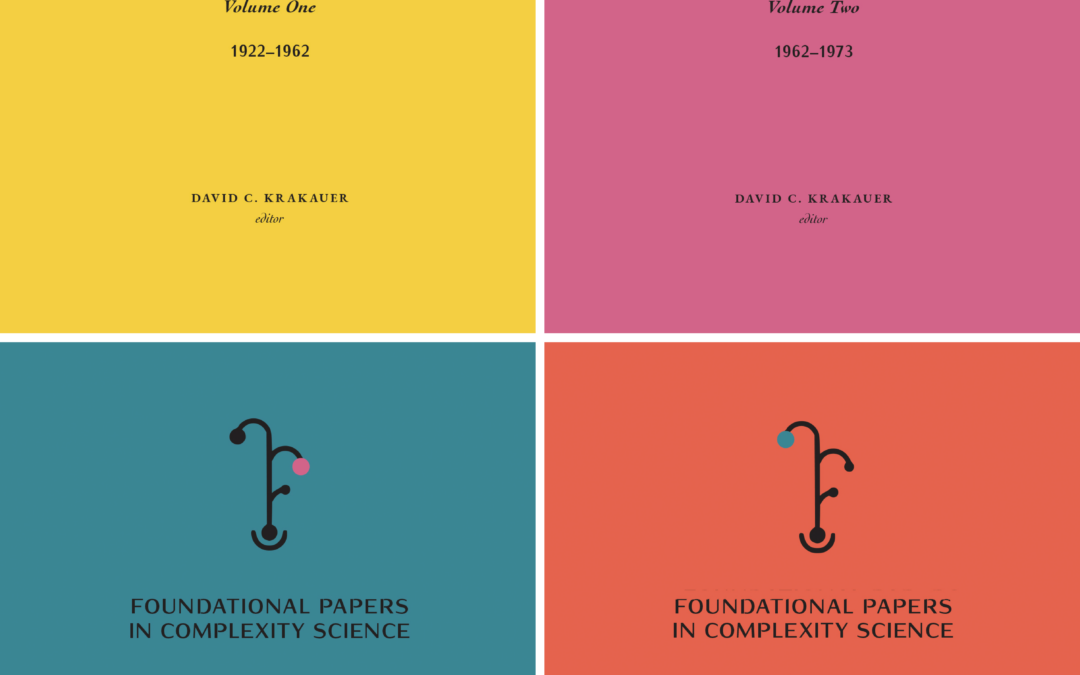
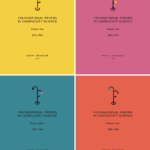
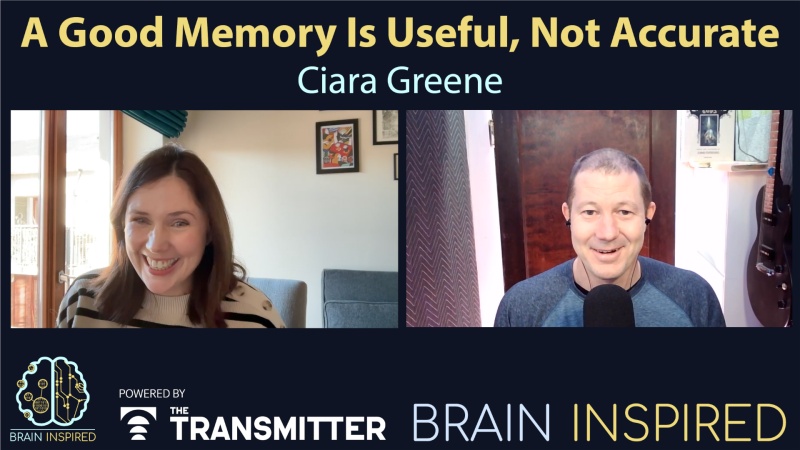

Ciara Greene discusses how human episodic memory works, and why our common assumptions about the role of memory
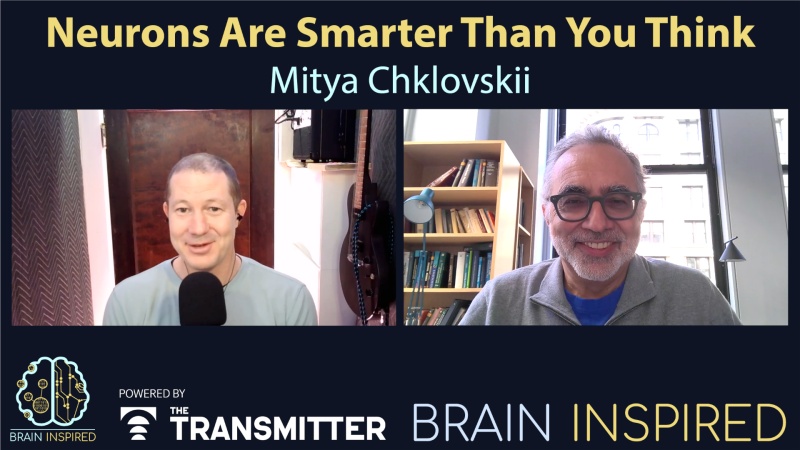

Dmitri Chklovskii believes all your neurons are smart controller agents, and understanding this will transform neuroscience and how we build artificial intelligence.
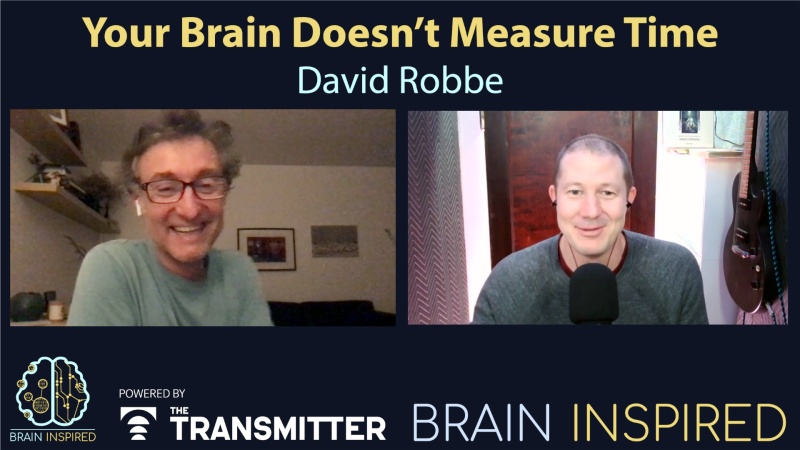

My guest today, neuroscientist David Robbe, believes we don’t rely on clocks in our brains, or measure time internally, or really that we measure time at all. Rather, our estimation of time emerges through our interactions with the world around us and/or the world within us as we behave.